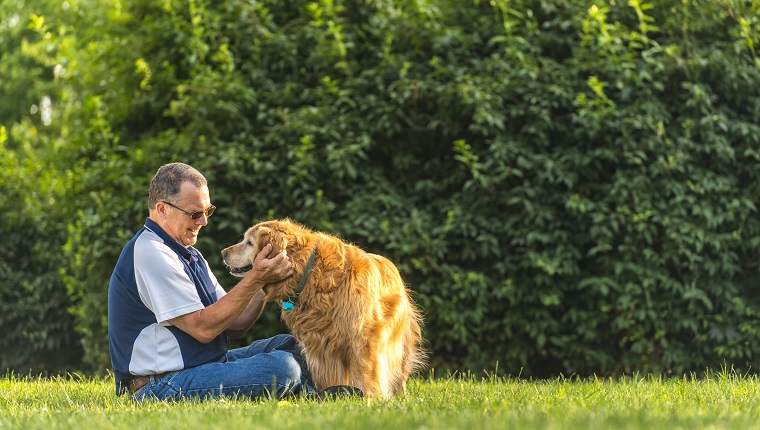Gold Souls, Gray Faces is a series that focuses on tips and advice for care of our beloved senior dogs. One of the issues that many senior dogs face is hearing loss.
Deafness can be age-related, or it can be caused by a medical condition. Hearing loss often happens gradually, and because of that, the symptoms are sometimes hard to spot until the condition…









